As members of British Columbia’s travel industry gather virtually this week for the 2021 BC Tourism and Hospitality Conference, the message is one of resiliency and hope, but also of the vast work still to come in the wake of COVID-19.
Co-hosted by the Tourism Industry Association of BC and the BC Hotel Association March 8 to 12, the theme of this year’s conference is Mission Possible, referencing the resilience and overall tenacity the industry has demonstrated.
Joining industry leaders from across the province are representatives of government, local businesses and organizations, exploring topics ranging from the economic impact of COVID and possible ways forward to how Indigenous Tourism BC is transforming marketing and destination development efforts to support reconciliation.
COVID’s impact on travel and hospitality is exacerbated by the length of time businesses have been – and continue to be – impacted.
“Tourism in Canada was first hit, the hardest hit and will be the last to recover,” said Marsha Walden, President & CEO of Destination Canada.
In research released earlier this week, the organization noted that “the current situation facing the tourism sector is the worst ever seen, more dire than the impact experienced after 9/11, SARS and the 2008 economic crisis combined.”
While the industry has seen a number of positives, including various government programs and a collaborative approach among stakeholders, governments and others, segments like the hotel sector remained concerned about the year ahead.
Susie Grynol, President & CEO of the Hotel Association of Canada, said factors like the vaccination timeline will play a role in her sector’s potential recovery in addition to ongoing limitations for international, convention and business travel.
Overall, business travel is expected to have a much slower recovery than leisure travel, partially because people have become comfortable with technology like video conferencing, and partly because businesses may take a conservative approach to having staff travel, several speakers noted.
Further, some who lost their jobs during the pandemic may not return, having found work in other sectors, Walden said. That could prove challenging as the industry looks to return to pre-COVID activity.
Still, people are looking forward to a brighter outlook for spring and summer, with the ongoing vaccination announcements buoying hope that the world will return to some sense of “normal.”
And B.C., which weathered COVID relatively well compared to other provinces, is poised for forecasted economic growth of about 4.2 per cent in 2021, according to the Business Council of British Columbia.
The council’s Jock Finlayson also noted that Canadians have been saving during the pandemic. He cited a recent CIBC survey that found that 36 per cent of households with an annual income above $100,000 indicated that travel is the No. 1 thing they would spend those savings on, once permitted.
The assumption is that travel will open within British Columbia first, before gradually broadening to other provinces and territories, then to North American and international travel.
However, the overall recovery of the industry is expected to take several years.
As the sector enters year two of COVID restrictions, Walden underscored the importance domestic travellers can have in that recovery.
If Canadians shift two-thirds of their planned international leisure travel dollars toward domestic tourism, it can make up for the estimated $19 billion shortfall currently facing the visitor economy, help sustain 150,000 jobs and accelerate recovery by one year.
Conference sessions continue through this week. To learn more about this year’s conference, visit bctourismandhospitalityconference.com

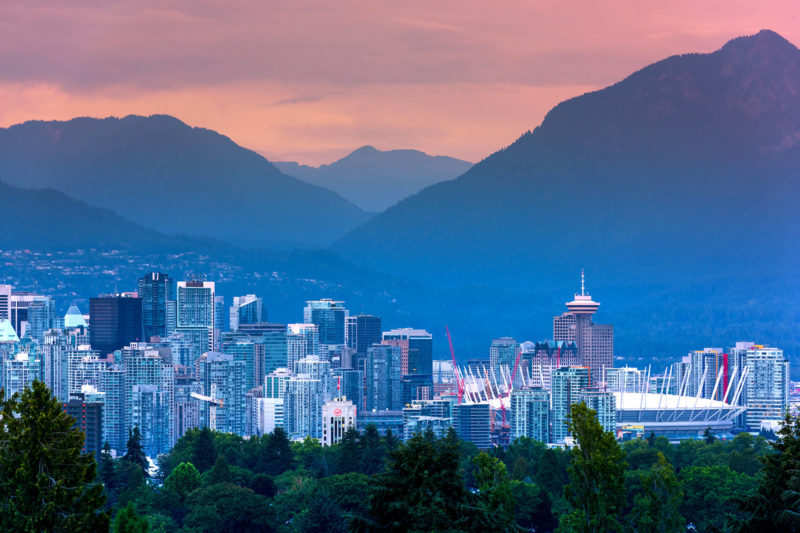
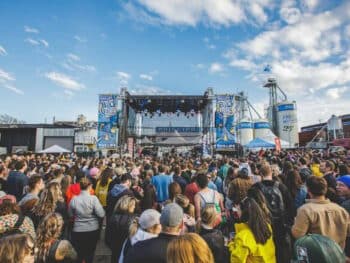


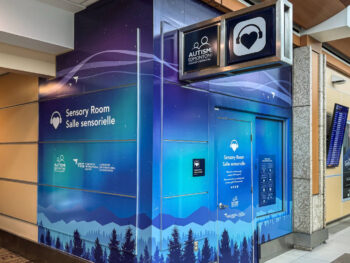
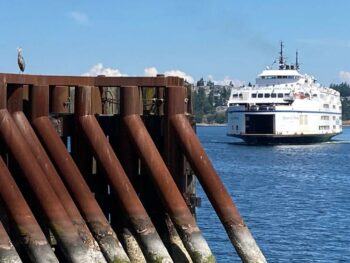

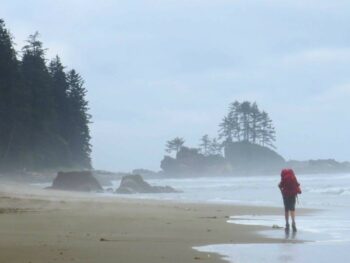

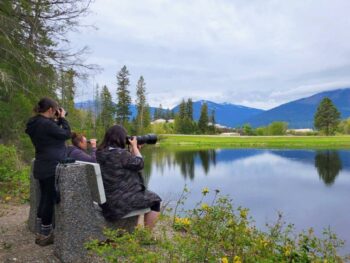
 VIDEO: Orcas spotted close to shore in Esquimalt
VIDEO: Orcas spotted close to shore in Esquimalt